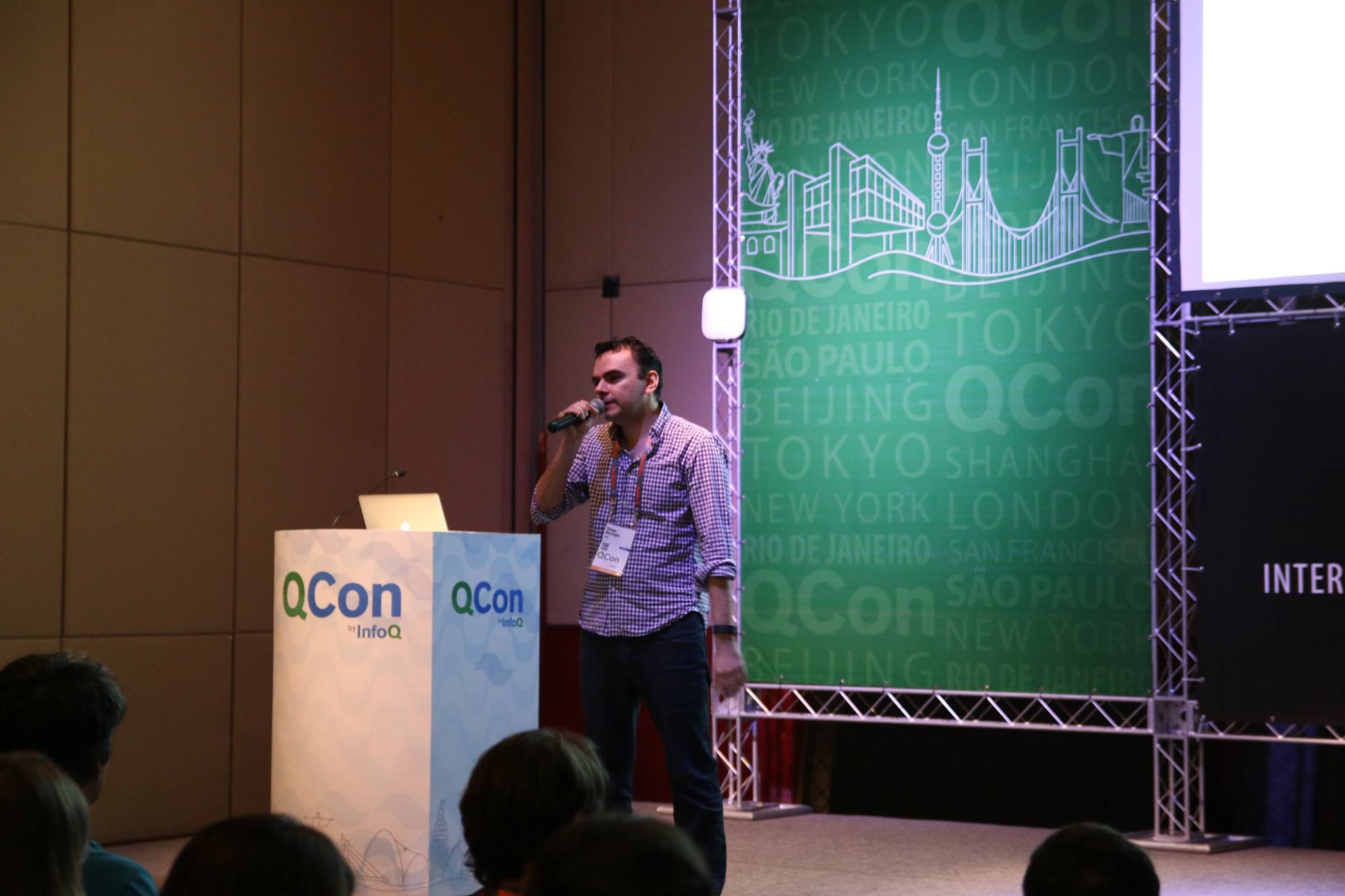talks & slides
 Here I talked to IDP professor Leonardo Monasterio about the differences between AI work in government and industry, AI regulation, science funding, and career choices in tech.
Here I talked to IDP professor Leonardo Monasterio about the differences between AI work in government and industry, AI regulation, science funding, and career choices in tech.
I chatted with the folks from the Let’s Data podcast about my work and side projects, AI regulation, sci-fi, doing research outside academia, angel investing, and financial machine learning. The episode is also on Spotify.
I chatted with students from the Summer Institutes in Computational Social Science (SICSS) about two machine learning projects of mine (one about procurement classification and one about real estate pricing).
I chatted with the folks from the Machine Learning Laboratory in Finance and Organizations (LAMFO) about the non-technical challenges of creating successful data projects in the government.
I talked to the folks from ENAP’s MBA in Data Science Applied to Public Policy about how we shouldn’t worry so much about model interpretability and about how we need to take a venture capital approach to data projects in the government.
I talked about how to use machine learning to estimate the price of real estate.
The Senate held a hearing on AI & public policy and they invited me to talk about it.
Here I talked about how network externalities and access to private data do not preclude competition in digital markets (Facebook, Tinder, etc, face fierce competition all the time even though they connect lots of people and have tons of data on their users).
A talk I gave at Brazil’s electoral court. I discussed a few of our ML-based projects at the Observatory of Public Spending. Q&A session starts 1h04m in.
Here I talked about the work we do at the Observatory of Public Spending and how other government agencies can get start with data science.
A three-talk panel that I moderated. We discussed different ways to use data mining to improve policy (and shorten queuing time in banks!). Q&A session starts 52 minutes in.
Here I talked about what it takes to do (good) data science in the government and how to get started.
Here I showed how we’ve been using neural networks to predict problems with government suppliers.
Here I gave an abdriged, non-technical, English version of the talk below. Slides
I talked about how the Comptroller General of Brazil (where I work) uses machine learning to identify corrupt government employees and other problems.
I talked about data mining in the Brazilian government, with a focus on Neo4j. Slides.
A four-talk panel that I moderated. It was about risk and fraud detection in the Brazilian government. Q&A session starts at 1h25m.
 Here I talked about how the Brazilian government uses Neo4j, Python, R, and other tools to detect corruption and other crimes.
Here I talked about how the Brazilian government uses Neo4j, Python, R, and other tools to detect corruption and other crimes.
I talked about using NLP to classify the goods the Brazilian government buys. Slides.
This is just the Q&A session that followed the panel where I gave the talk above.